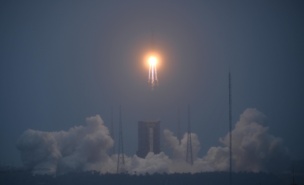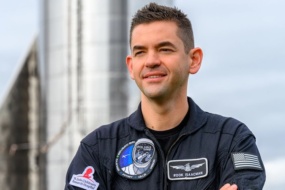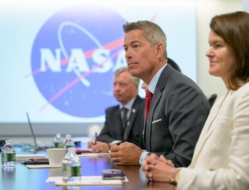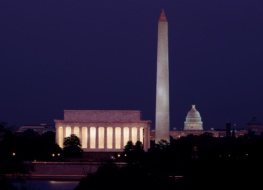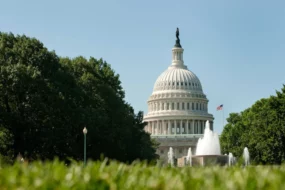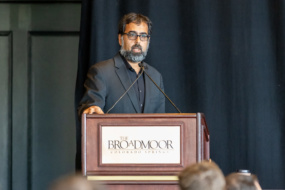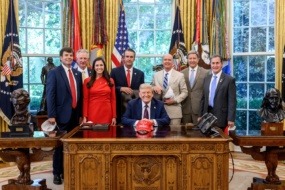A Debate on the Wolf Amendment
Necessary national security safeguard, or out-of-touch barrier to communication with a leading space power? That was the question at the heart of a debate last week on whether the Wolf Amendment is still in America’s best interest, almost 15 years after it became law.
